Our Team
Current members
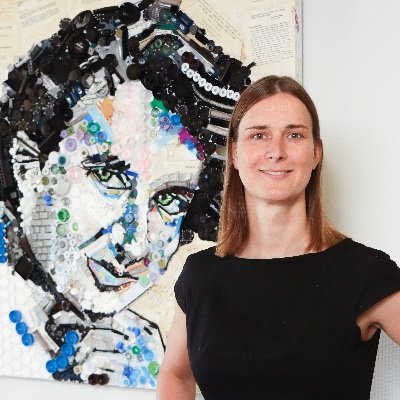
Inge R. Holtman
Assistant Professor – Rosalind Franklin Junior Group Leader
In 2020, Dr. Holtman successfully pursued a Rosalind Franklin Fellowship that enabled her to become a junior group leader in the section of Molecular Neurobiology. Here she continues to study the effect of natural genetic variation on susceptibility to brain diseases. In collaboration with the Netherlands Brain Bank, she established the Netherlands Neurogenomics Database, supported by the Stichting Vrienden van het Herseninstituut.
Alejandro Marmolejo Garza
Postdoctoral Fellow
I am a Medical Doctor with a master’s in Medical and Pharmaceutical Drug Innovation with specialization in metabolism. My PhD research focused on mitochondrial involvement in Alzheimer’s disease using iPSC-derived brain organoids and microglia-like cells. As a postdoctoral fellow, I focus on developing brain organoid models that recapitulate psychiatric disease.
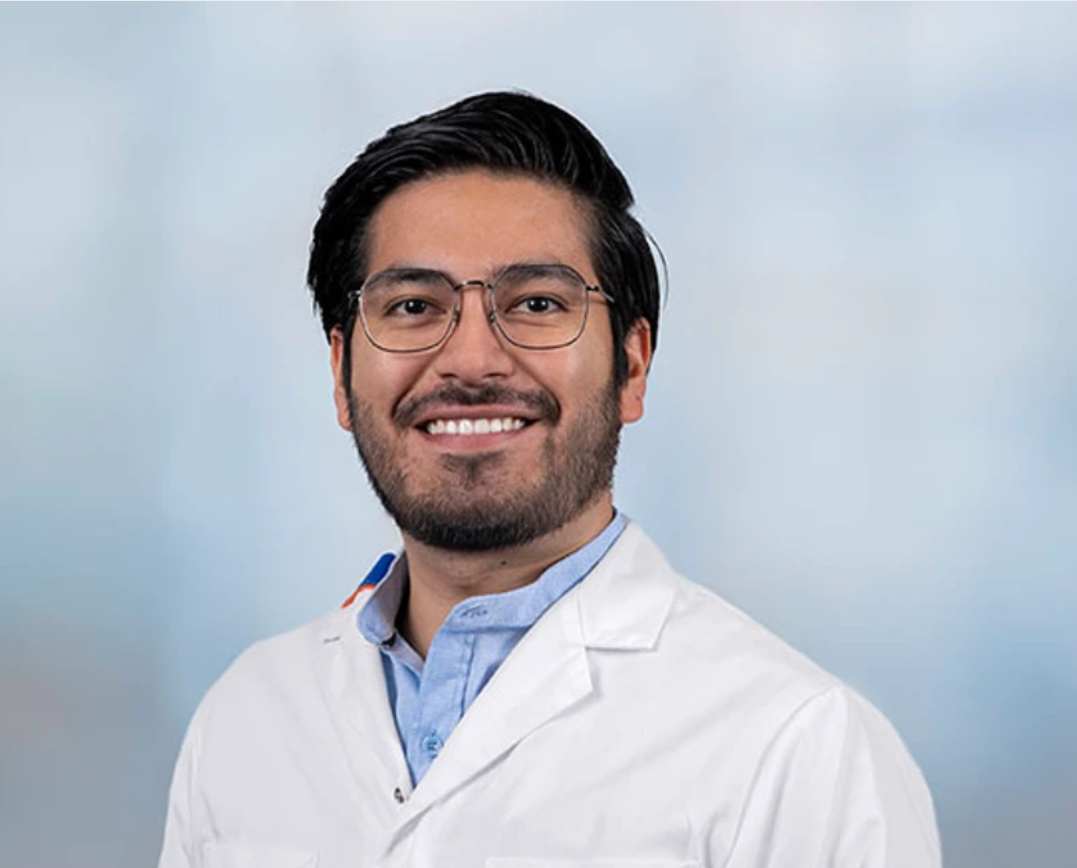
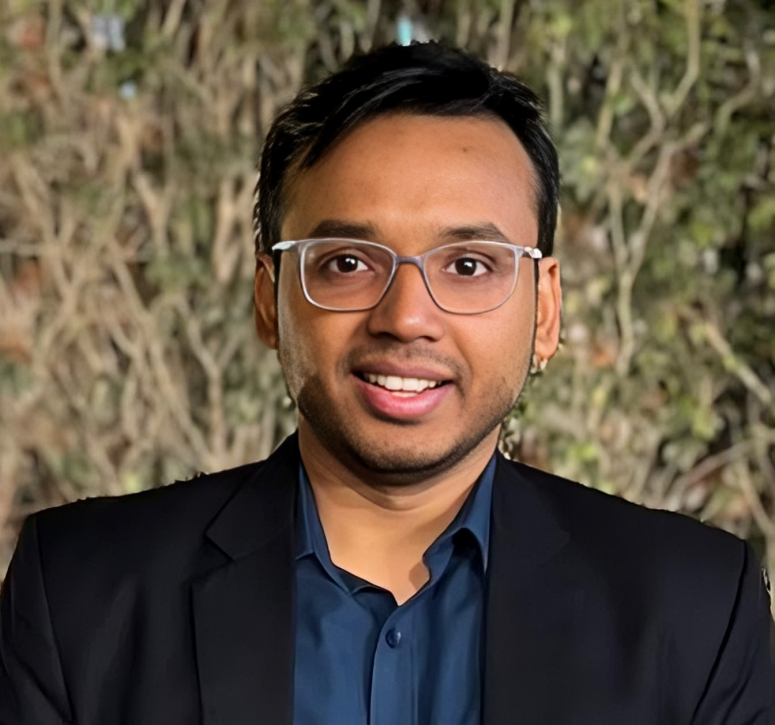
Shivam Kumar
Postdoctoral Fellow
Shivam is a machine learning researcher with a background in biomedical imaging and deep learning. His work focuses on leveraging pathological imaging data to predict clinical traits and uncover genetic profiles.
Nienke Mekkes
PhD student
My project aims to better understand brain disorders through a cross-diagnostic approach integrating clinical, neuropathological, and multi-omics data.
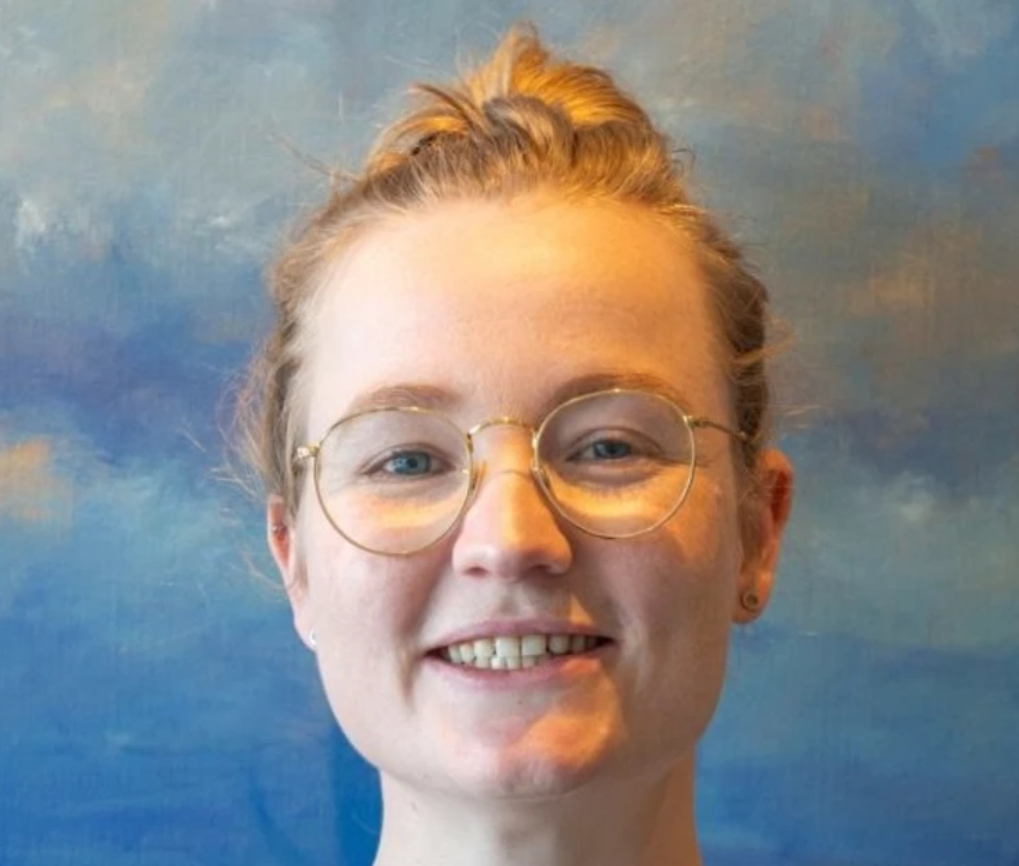
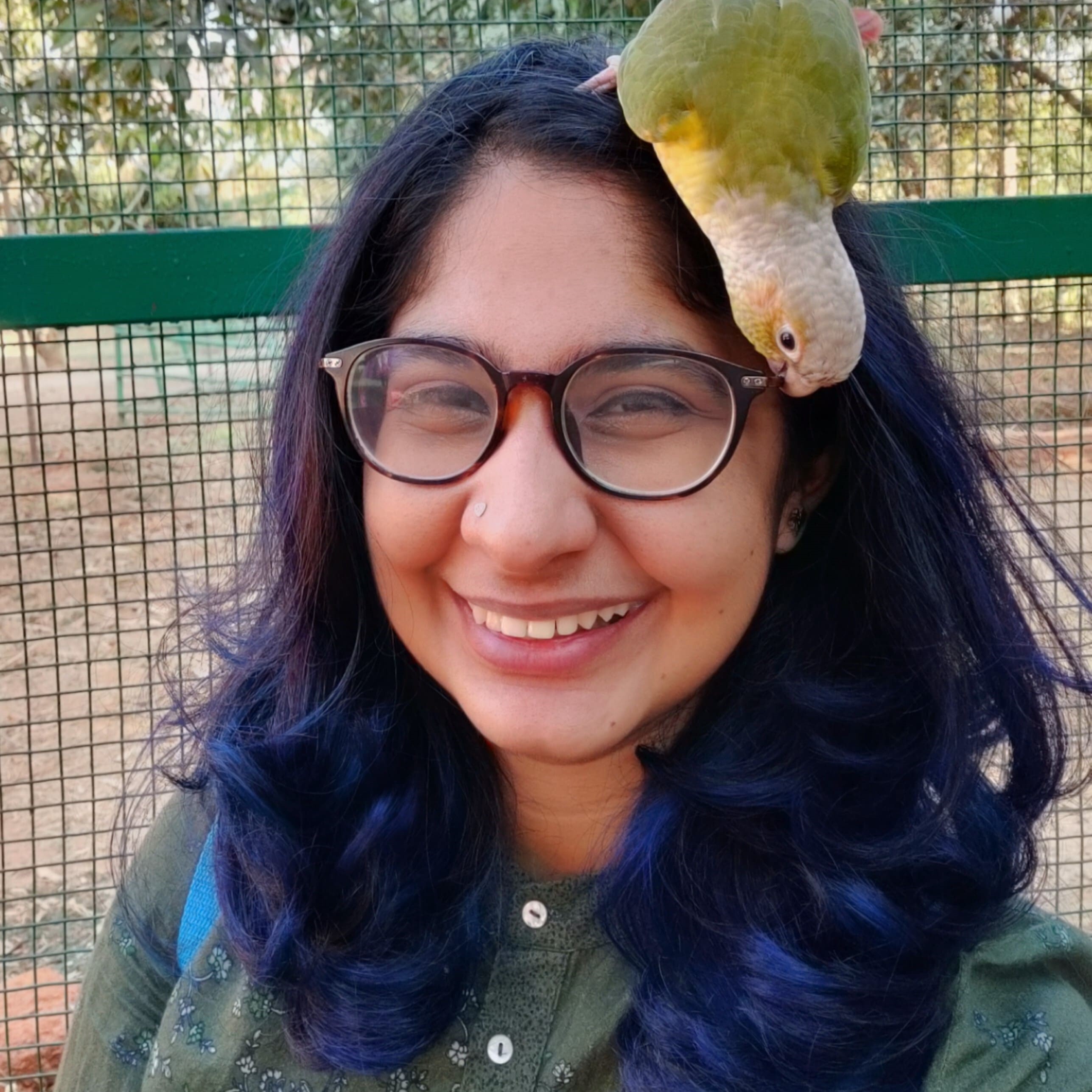
Ruhi Soni
Research Analyst
Ruhi joined the Holtman lab in 2025 after completing an MSc in Bioinformatics and Systems Biology. She focuses on biological signatures underlying psychiatric disorders.
Eric Hoekstra
Technician – Bioinformatician
Eric joined the lab in 2021 and focuses on building and maintaining the Netherlands Neurogenomics Database, data infrastructure, and computational pipelines.
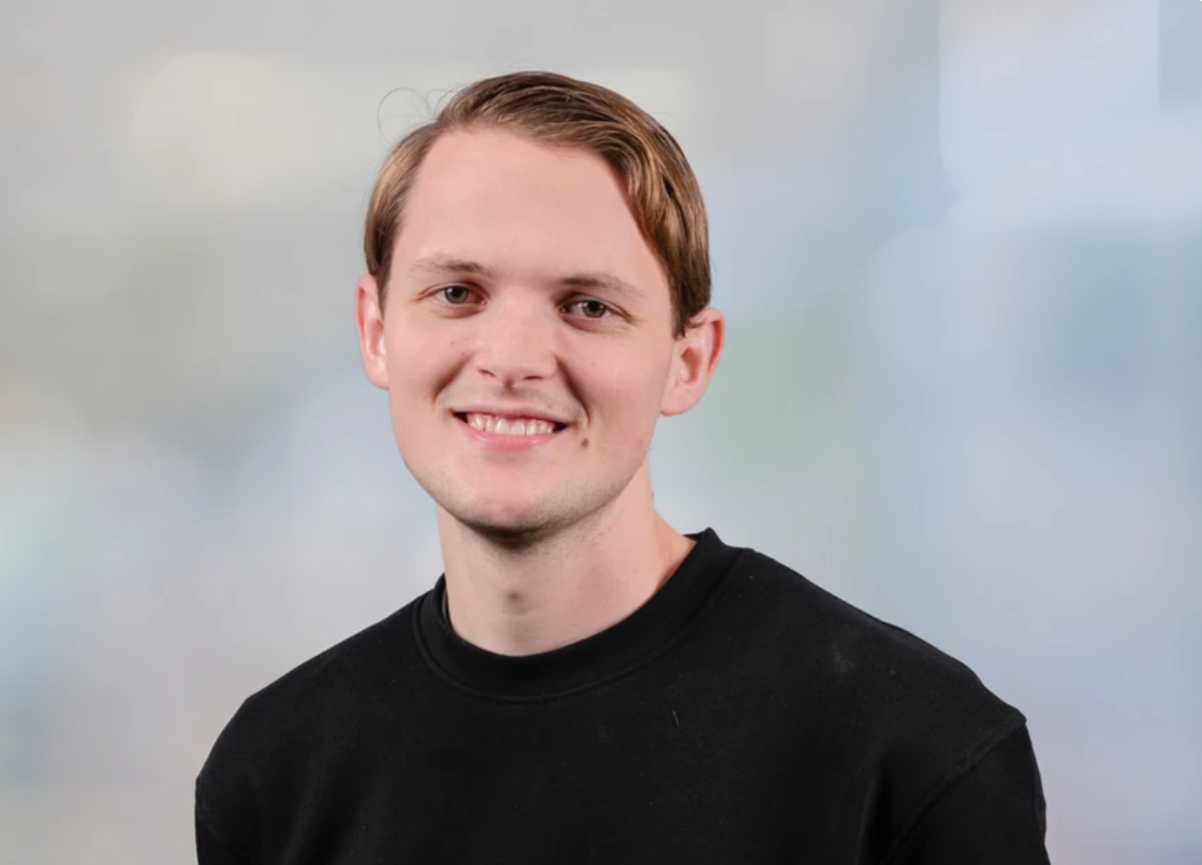
Former members
- Tommaso Fortunato Asquini
- Ekaterina Dagkesamanskaia
- Maaike Brummer
- Gwenny Leistra
- Sander Bouwman
- Bart Engels
- Alyse de Boer
- Henrike Vaartstra